Saving Private Ryan: What Separates a Hero From a Bystander?
“Our heroes are men who do things which we recognize, with regret, and sometimes with a secret shame, that we cannot do. We find not much in ourselves to admire, we are always privately wanting to be like somebody else. If everybody was satisfied with himself, there would be no heroes.” – Mark Twain
As Americans, we know the stories, we’ve studied the events, we’ve seen the movies, we’ve argued over the history, and we’ve done this with no conflict more than we have with World War II. Even today, discussion and debate still reigns over the reasons we entered the war, and what the lasting effects on the nation’s psyche have been. What seems to have been lost on these debates, or political debates in general, is how these discussions lead to a change of behavior amongst those who did not serve.
There’s not much we can say about the set up for this film that you don’t already know, nor is there any more praise that we can throw at the opening Normandy Beach sequence that you don’t already understand. It’s terrifying, unrelenting, uncompromising and somehow completely watchable for the same reasons. It holds up to this day, and it’s hard to imagine the day will come where it doesn’t. We can say the same about the entire film, which chronicles an Army squad that navigate France to extract a single soldier from behind enemy lines; the titular Private Ryan (Matt Damon). What follows is the literal manifestation of a philosophical journey through the question; “How does someone weigh one life against another?”
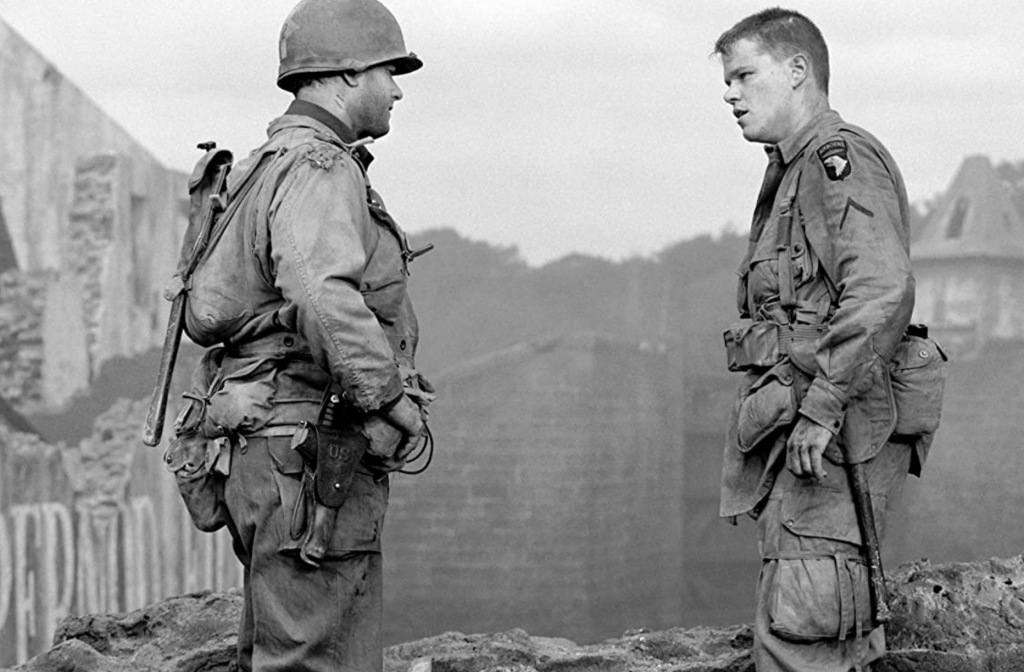
Why send in a number of enlisted men to save one? The reason given by the film is that the Ryan family had four sons go into battle, and only one remains alive. Army High Command believes it’s their duty to rescue the family from having their kin be wiped out by this conflict, and thus redirects Captain Miller’s (Tom Hanks) company from 2nd Ranger Battalion to do just that. Along the way, the various personalities and philosophies create tension amongst the crew all using their mission as the object of their frustration with the ongoing war. What Robert Rodat’s screenplay is examining through this mission is the attitude behind a hero. Is it enough to do the right thing because you were ordered to do so, or must one have a more righteous belief behind their actions in order to earn the title?
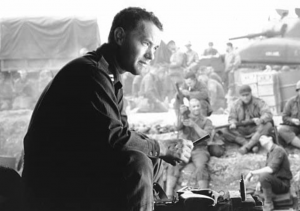
Take the Ed Burns character, Private First Class Reiben, one of the most vocal dissenters about the mission. His philosophy is that the logic behind the mission is flawed, as it emboldens the idea that if someone doesn’t want to be at war, then they should be able to just walk away and leave. Obviously, no one in the squad wants to be there, but Reiben isn’t advocating for them, as much as he is advocating for his own freedom from responsibility. He posits to his teammates; “what makes Ryan so special?” It’s a valid question to wonder why Ryan has been given value for superficial reasons. When he is finally found in the third act of the movie, he has no desire to leave. Despite the tragedy of learning his brothers have all passed away, he refuses to leave his brothers in arms behind.
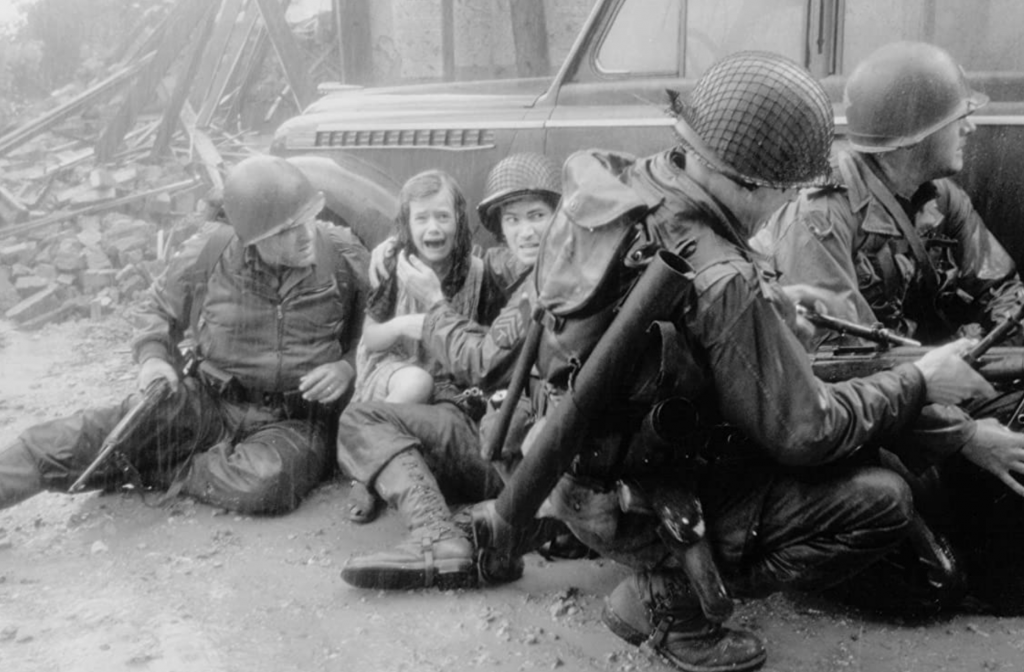
It’s a clever screenwriting trick to have Ryan and Reiben (pronounced rye-ben) have a sonically similar name. During loud actions sequences in films, such as this one, it’s always best for writers to create perfectly distinguishable names for the characters to call each other. What Rodat is coding to the audience by having these two similar yet different names, is pitting their ideals against each other. Reiben is following orders, not because he wants to but because he should. Ryan is disobeying orders, not because he should but rather he wants to. Before the final conflict, there is a small non-verbal exchange between the two characters where it becomes clear that Ryan’s courage has affected Reiben.
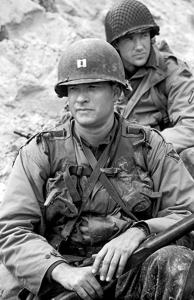
A writer must choose who lives or dies in a script, and in war films it is a vital question. Each death gives us an insight into what the writer believes justifies that character’s existence. Reiben’s implied self-effacement spares his life to go beyond this film and this war. Ryan’s desire to stick by his mission in France is what protects him from Rodat’s wrath. Captain Miller’s detachment from his life as a husband and high school teacher, after having taken so many lives in conflict, is what dooms him. Private Jackson’s (Barry Pepper) adeptness at killing, as a sniper, is what causes him to lose sight of a large Panzer tank until it’s too late. We can go on down the roster, but the most curious survival is Corporal Upham (Jeremy Davies).
Upham is without a doubt one of the largest character debates in film history. He has been called many things by audiences; coward, pacifist, survivor, and plenty more. It’s a difficult judgment to reign down upon a fictional character that represents a reality that is probably more common than we’d expect. When he has the chance to save one of his fellow servicemen from a knife fight with an opposing Nazi soldier, he cowers behind a wall whilst still hearing the life leave Private Mellish (Adam Goldberg). When the Nazi rounds the corner to go down the stairs, he chooses to simply walk past Upham as he clearly poses no threat, as he sits in his own tears.
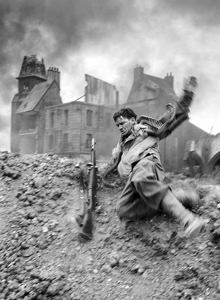
Some audience members believe Upham deserved to die, others believed we have no right to judge if we’ve never been in life or death circumstances like such. At first, you think that Rodat wants Upham to live with this guilt, and toil over his actions (or lack thereof) to his dying days. But then Upham gets the jump on several opposing soldiers as the American cavalry comes in to clean up the remaining enemy. Upham has the Nazi’s dead-to-rights and they drop their weapons in surrender. Amongst them is Mellish’s killer, and Upham decides to put him down and take the rest prisoner. In 1998, this feels like an attempt at giving Upham some crowd-pleasing redemption. In 2021, it feels just as pathetic as the hateful act it is in retribution for. Is Upham’s survival a win, or is his soul another casualty of war? Does the casualty of the soul hold up against the casualties of the bodies now laid to rest in war?
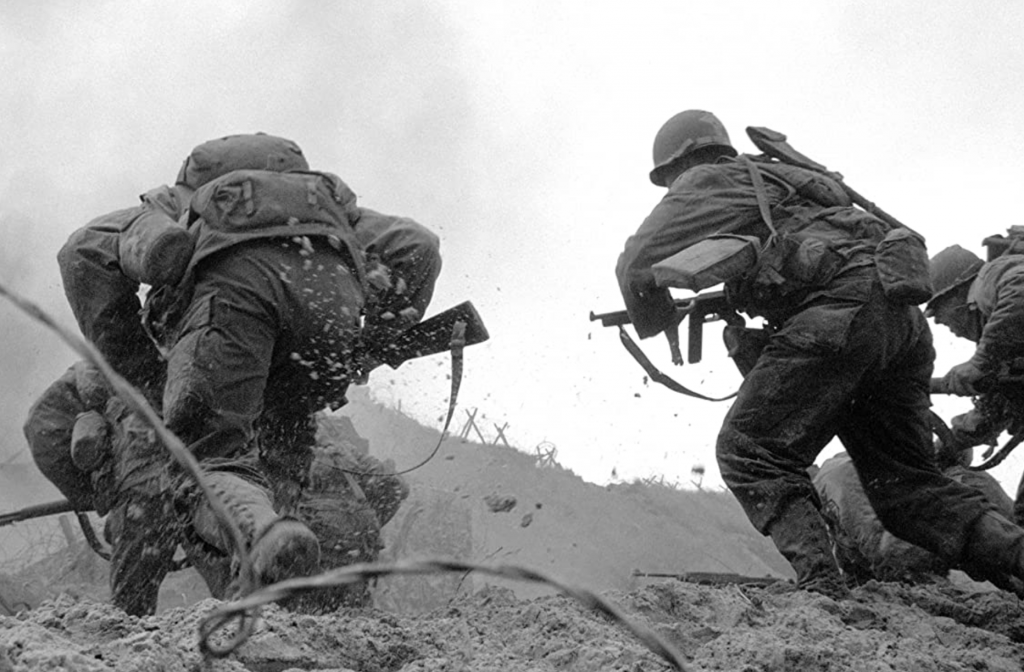
These are all unanswerable questions, and if we compare the costs of these atrocities then we have missed the point entirely. There are many questions that beyond our human ability to answer them, and trying to land on one side of the moral argument or the other gets us nowhere. Answering the question and moving on to the next simplifies our existence to attaching labels rather than understanding the actions that led to them. Cinema, entertainment, media, storytelling do not change a single thing, they are not meant to do so. Nor do they justify the sacrifice of the American soldiers from which they are based. The actions during extreme pressure and conflict justify their distinction as heroes who did something, rather than bystanders who simply watched what happened. What cinema can do is ask the toughest and most scrutinizing questions about this subject matter. Not so that it can come up with the answer, but so that we can decide how this dichotomy of character affects our own decision making.
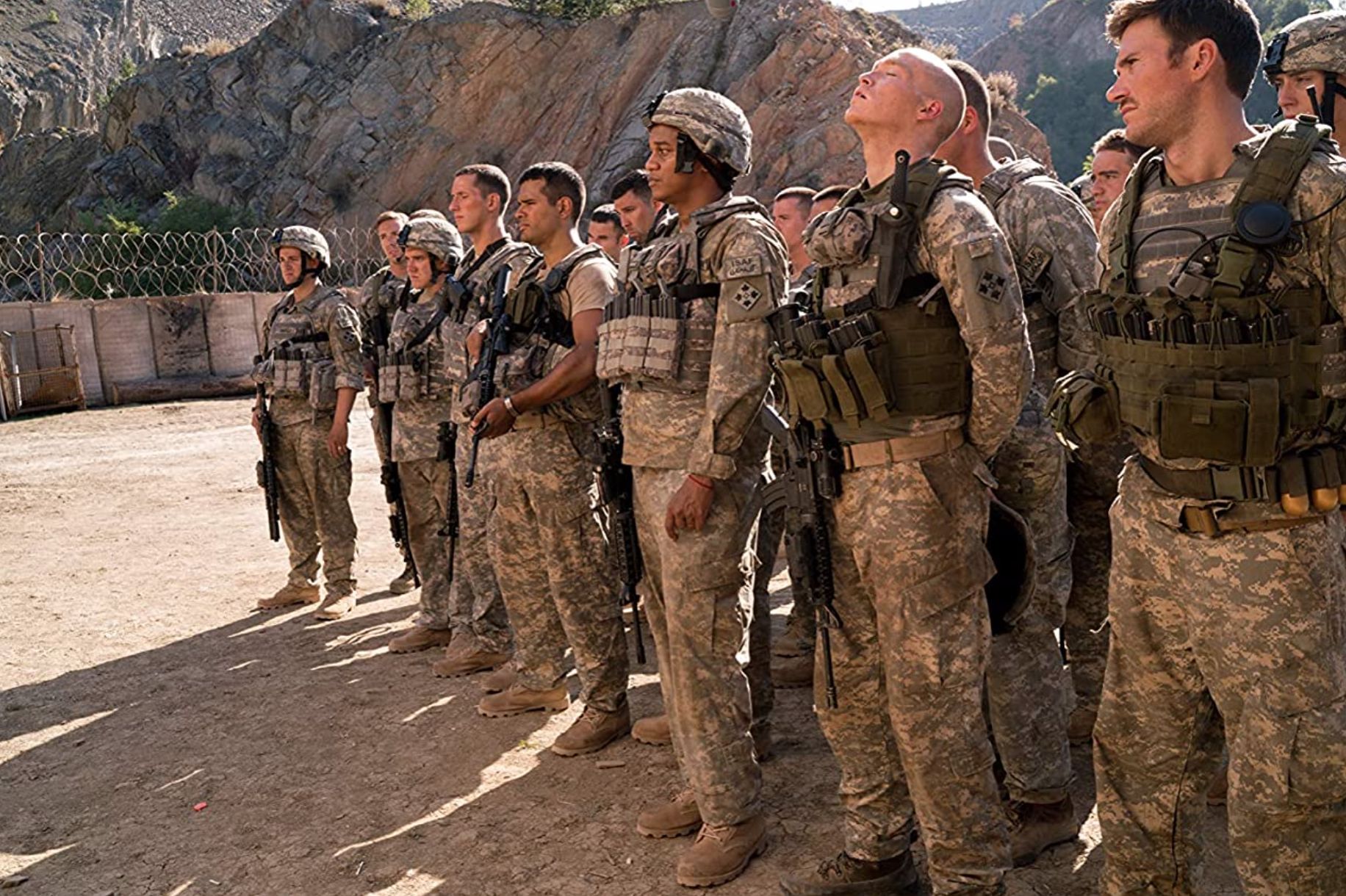

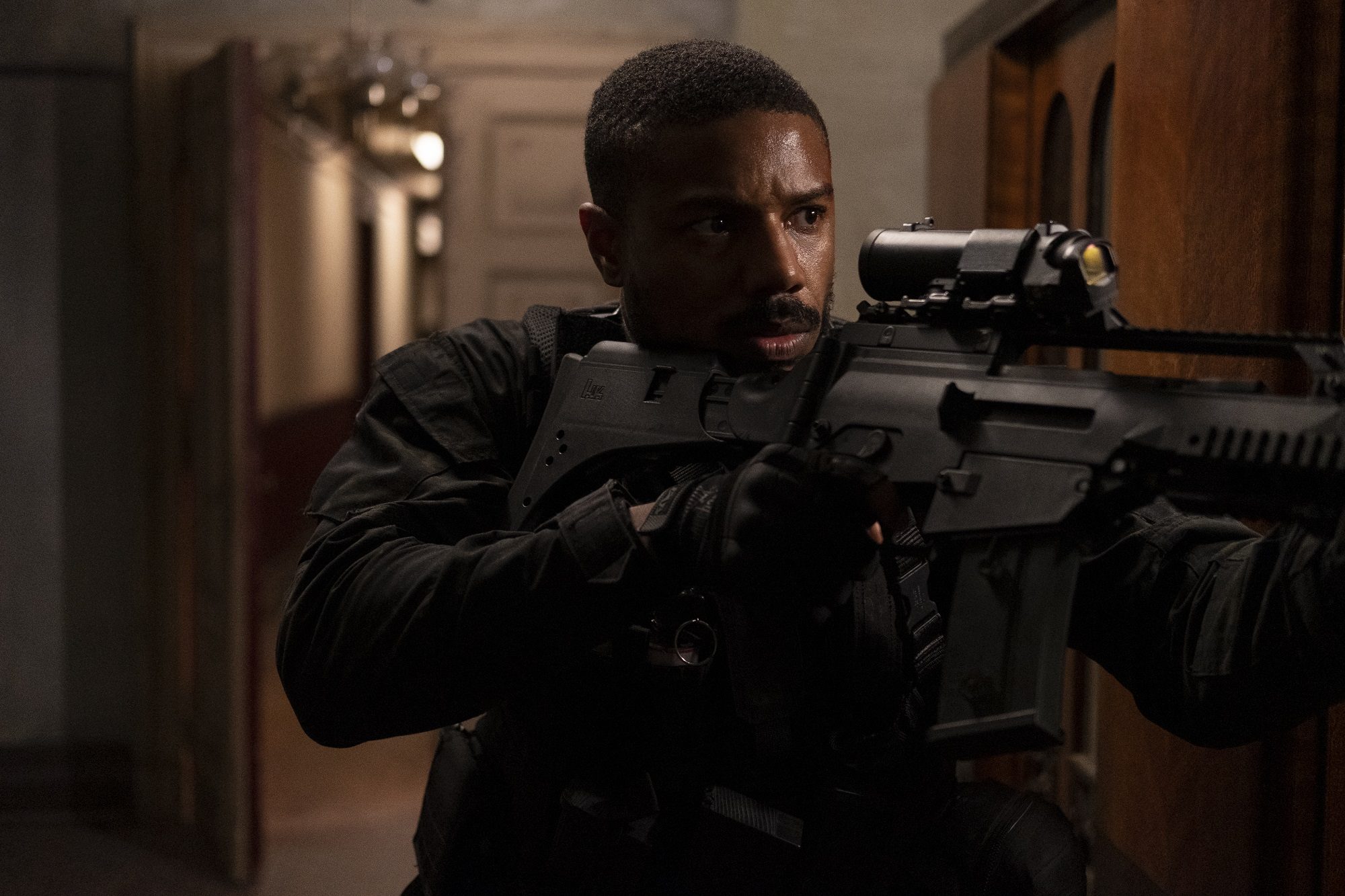
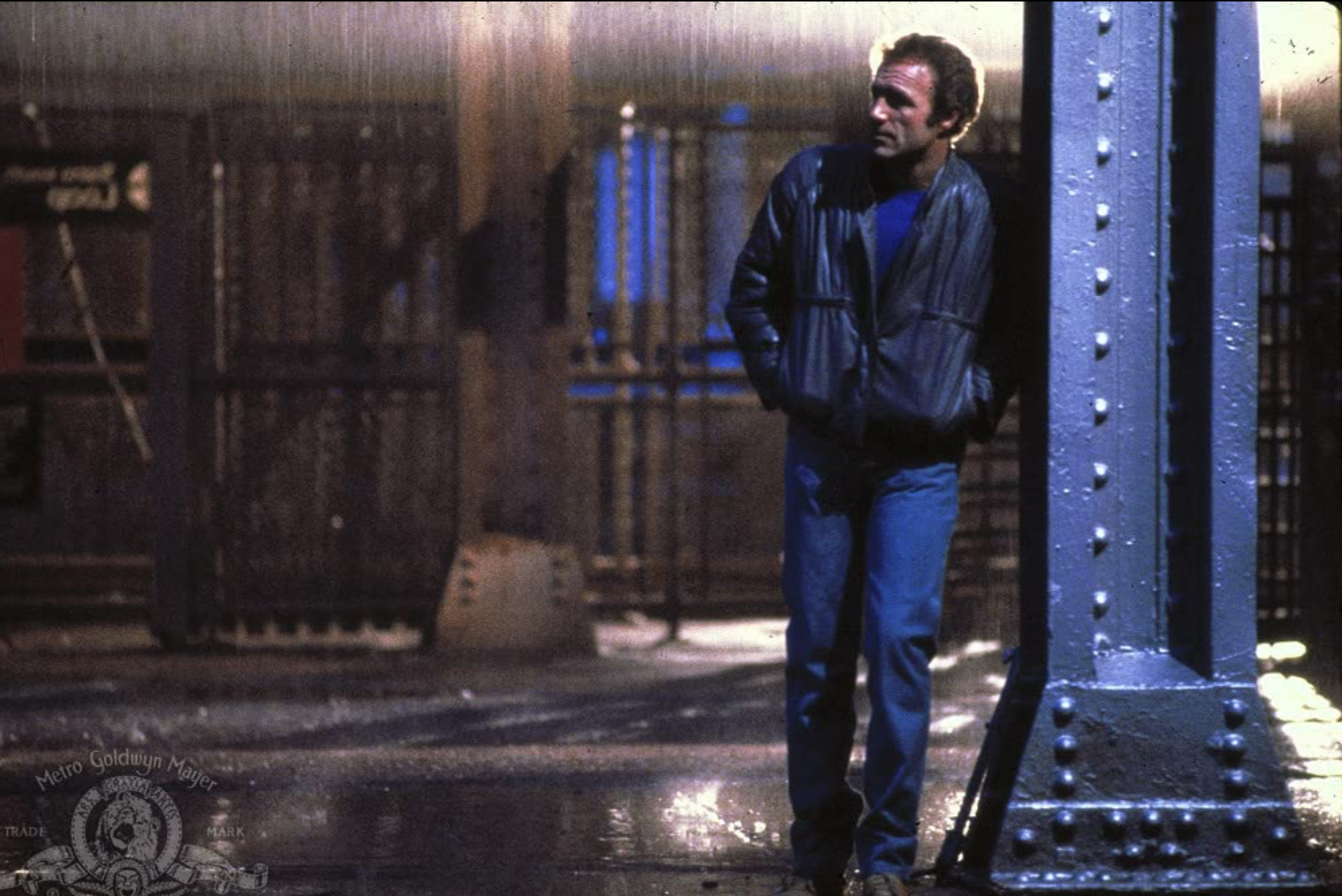
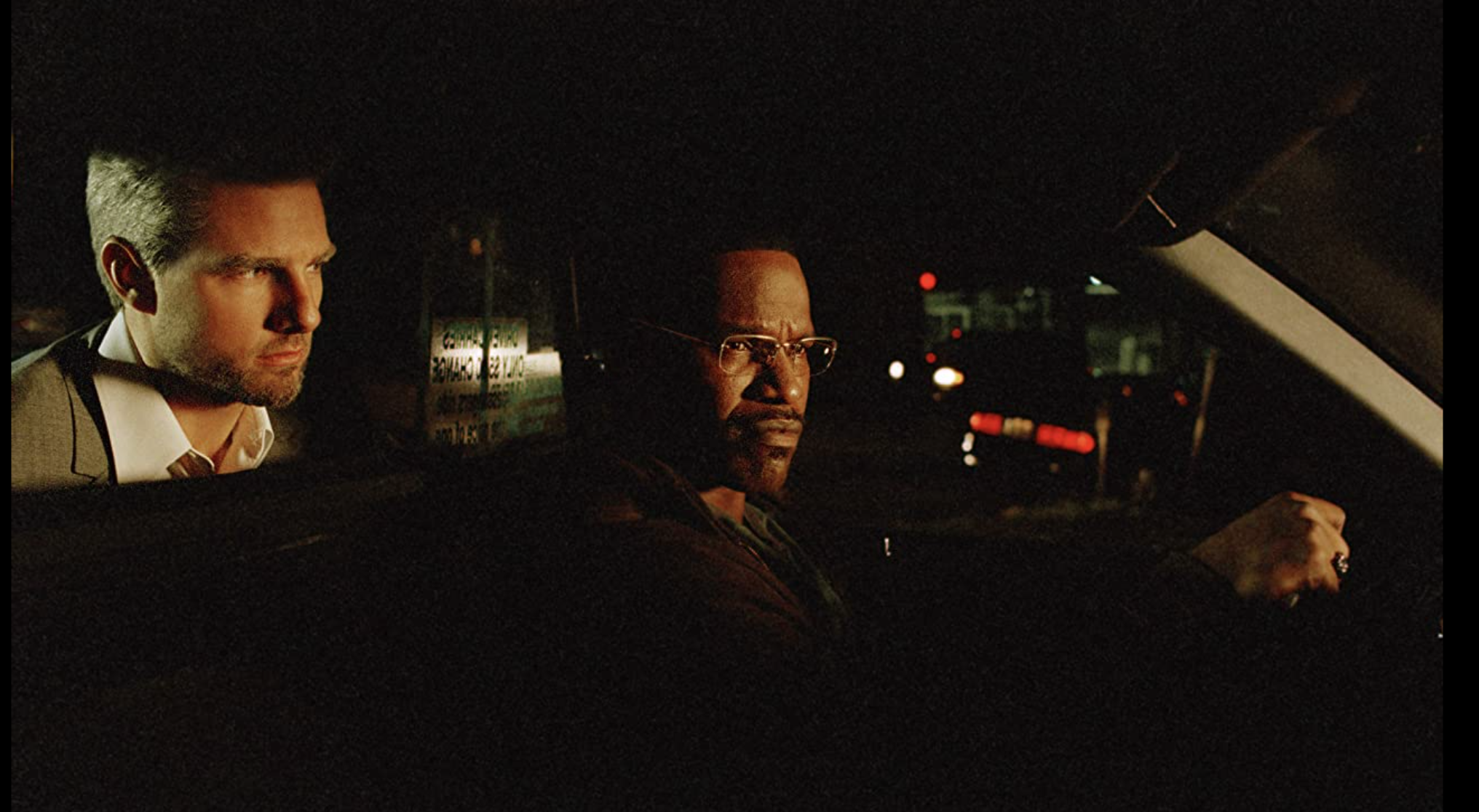

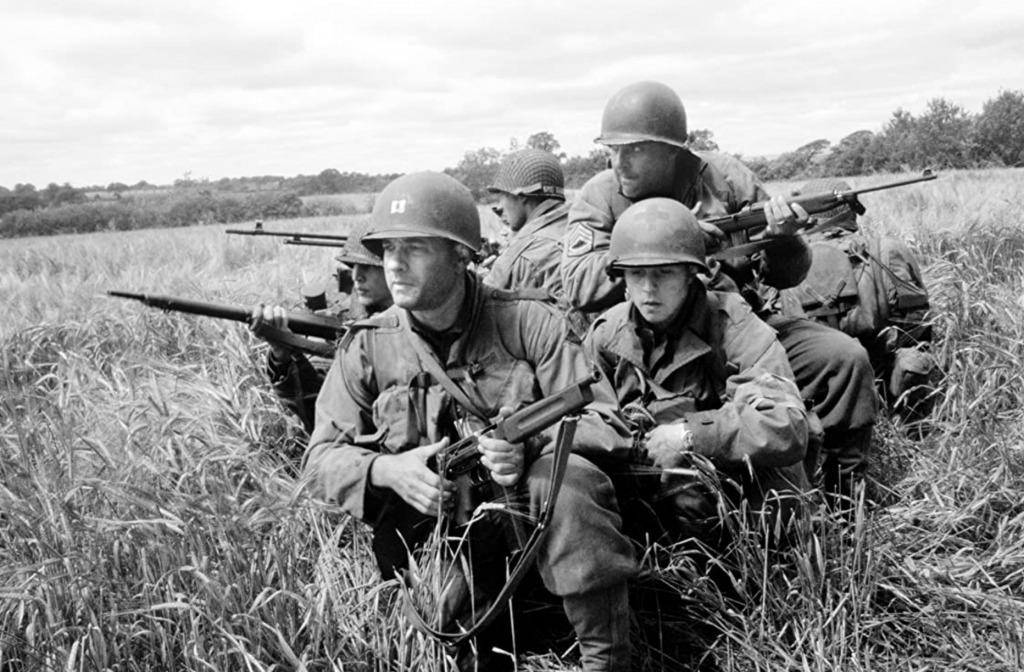
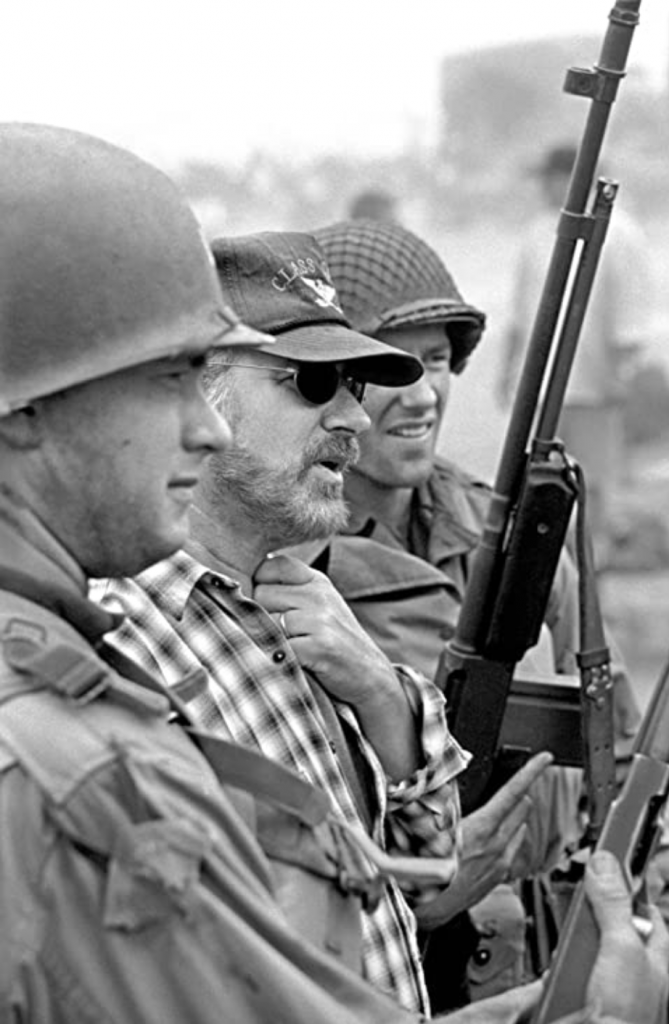
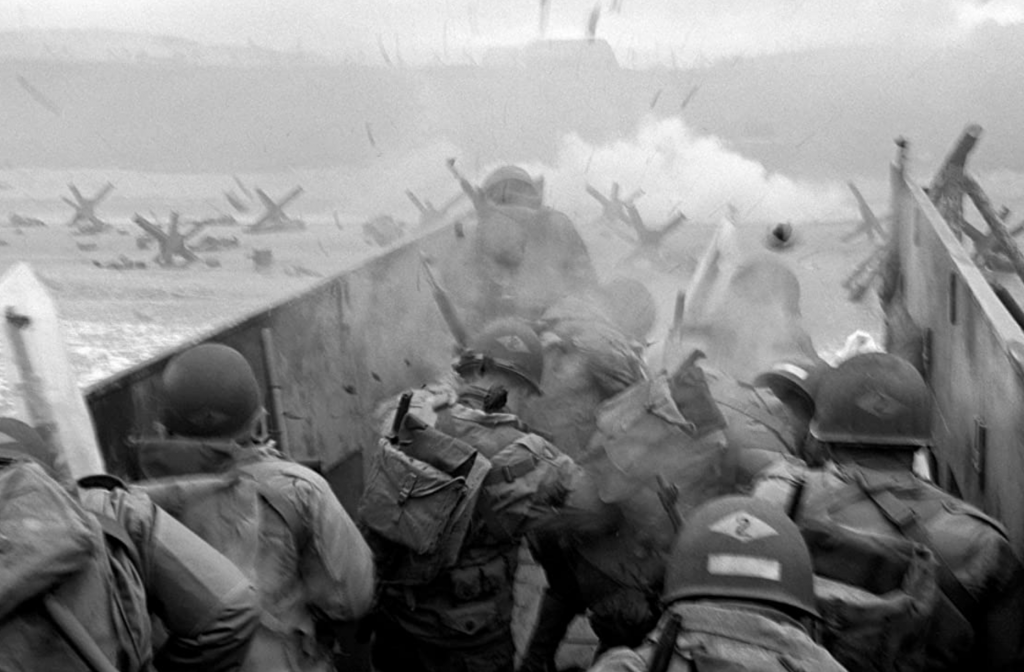
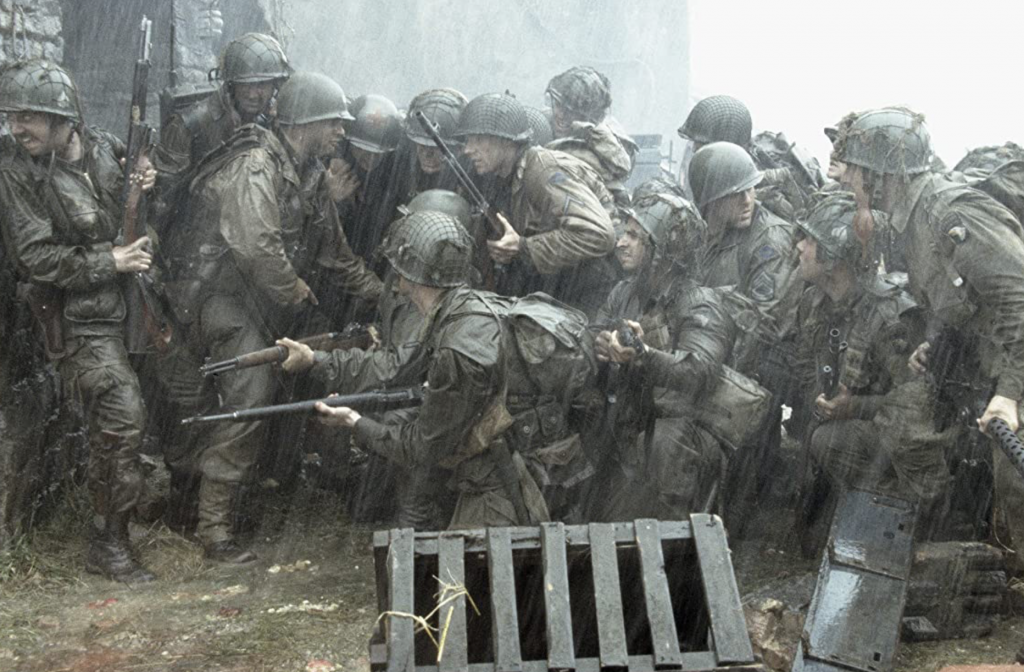


Comments